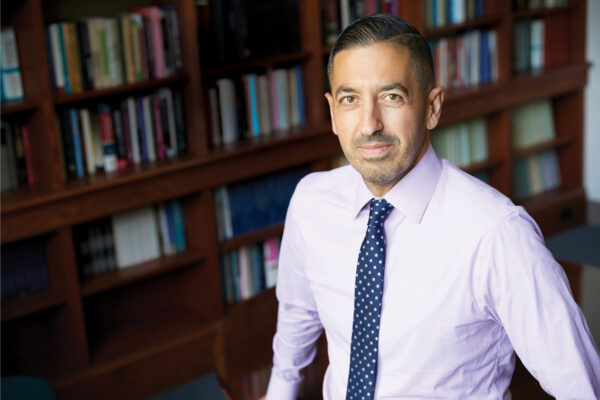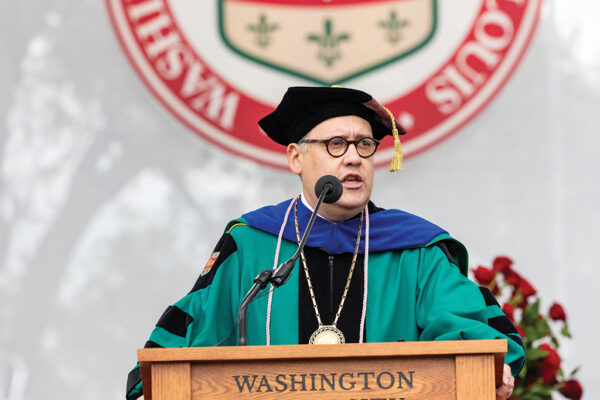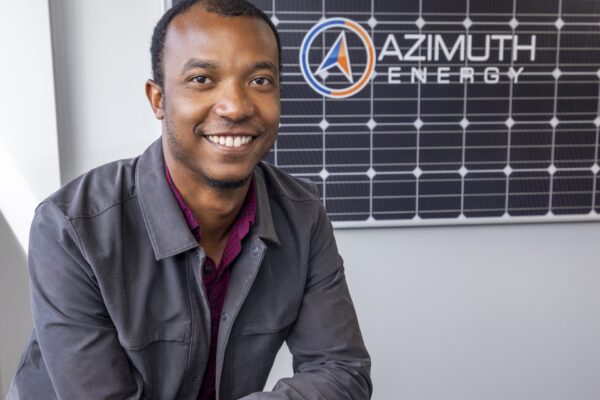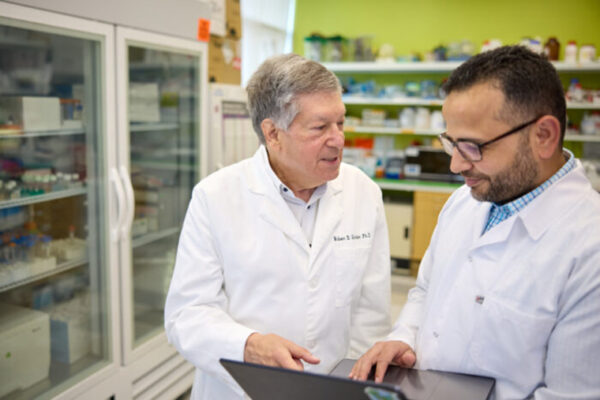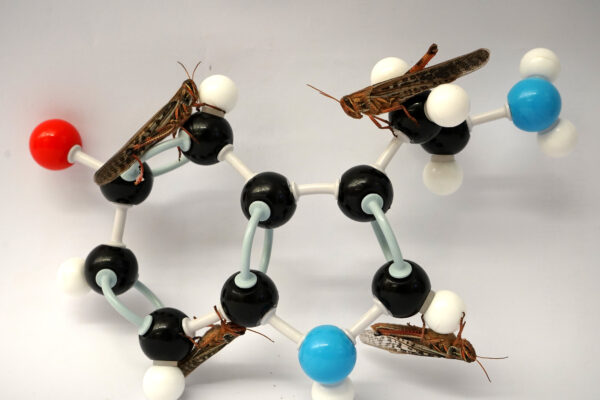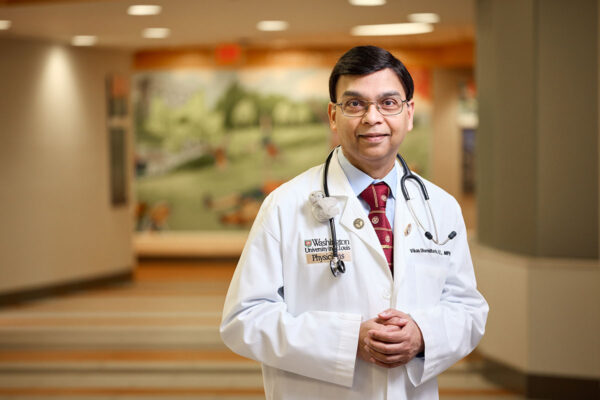Greetings from WashU
WashU Welcome events bring campus spirit to a city near you.
Building trust and community
One of WashU’s fundamental missions is to help students develop into the global leaders of tomorrow, by cultivating habits of lifelong learning and critical and ethical thinking.
Seeking environments that ‘generate health’
Washington University appoints Sandro Galea as inaugural dean of its planned School of Public Health to work toward healthier futures in St. Louis and globally.
Preparing leaders
WashU prepares its students to become critical thinkers and inspiring leaders, promoting effective listening and respectful engagement, which are critical to navigating difficult conversations.
A new era for the humanities
As director of the Center for the Humanities in Arts & Sciences, Stephanie Kirk wants to empower humanities graduate students to use their expertise in a range of meaningful careers.
Competitive energy
Alumnus Deko Devins is on a mission to make solar power more widespread, affordable and accessible.
Drug bypasses suppressive immune cells to unleash immunotherapy
Washington University School of Medicine researchers have found that the immune system can be its own worst enemy in the fight against cancer. In a new study in mice, they found that a subset of immune cells inadvertently dampens cancer immunotherapy.
Studying how serotonin alters locust’s sense of smell
Researchers at Washington University studied the role of serotonin in altering odor-driven behavioral and neural responses in locusts.
Blake essay recognized by Lasker Foundation
Kevin Blake, a scientific editor in the Department of Pathology & Immunology at Washington University School of Medicine in St. Louis, has been honored for an essay he wrote titled “Missing Microbiomes: Global Underrepresentation Restricts Who Research Will Benefit.”
DNA fragments help detect kidney organ rejection
Raja Dandamudi, MD, Vikas Dharnidharka, MD, and Tarek Alhamad, MD, all at Washington University School of Medicine in St. Louis, contributed to a large study that identified a novel way of detecting signs of organ rejection.
View More Stories


